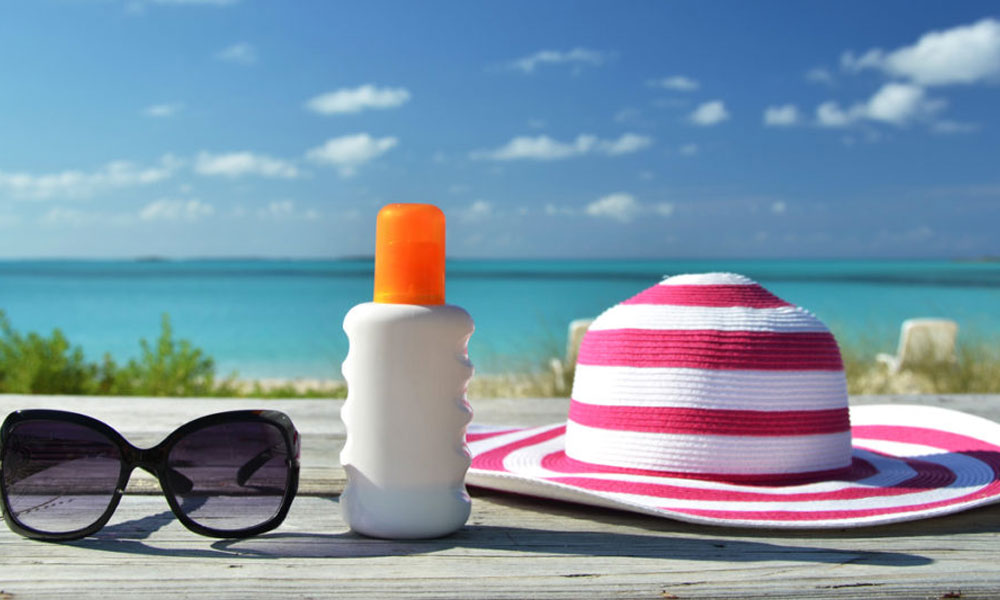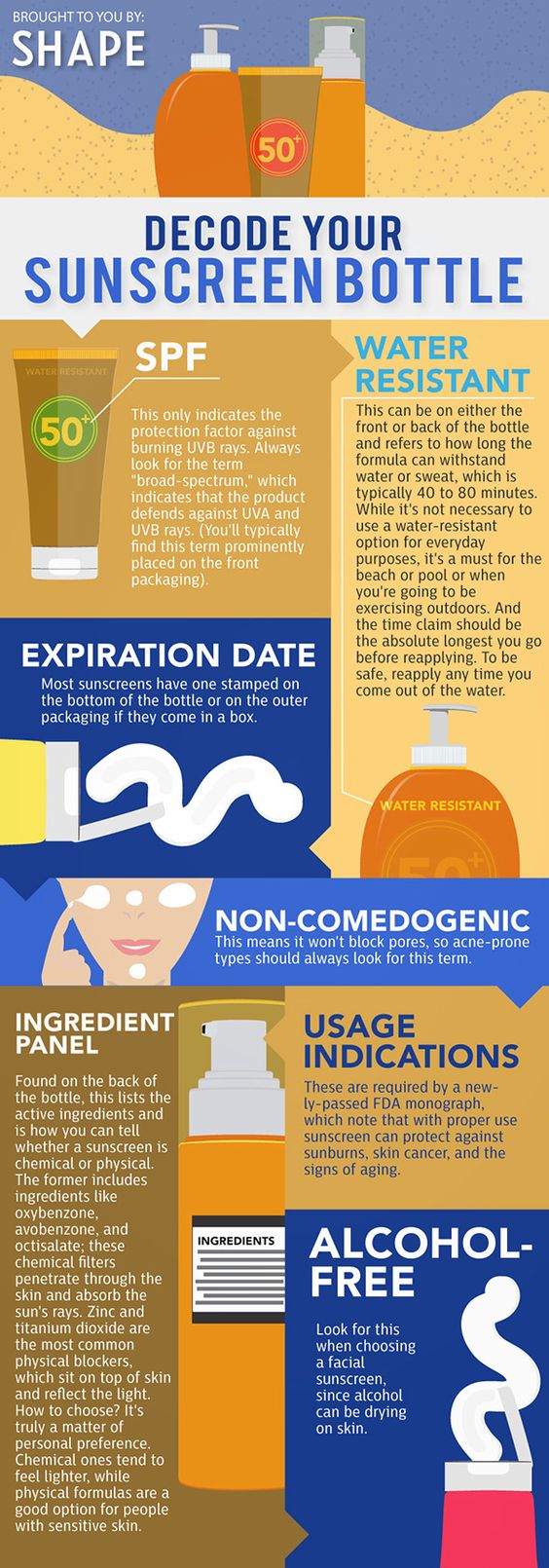Beauty
7 Ways to Increase Your Sun Protection Every Day
Sun protection is definitely something to take seriously. Severe sun damage, or even just minor sun damage recurring over many years, can lead to countless health problems. These consequences include uneven skin pigmentation, wrinkles, sun spots, loss of skin elasticity, and life-threatening skin cancers.
via
Most people know that wearing sunscreen to protect against direct sun exposure is a must. However, it sometimes seems like no matter how much sunscreen you wear, you still end up with a peeling sunburn or a dangerously dark tan. Even if you don’t see visible signs of sun damage, that doesn’t mean you’re not being exposed to harmful levels of UV radiation. Preserve your skin and your long-term health by taking simple extra measures to increase your sun protection on a daily basis.
1. Make it Automatic
It’s easy to forget to put on sunscreen every morning, especially if you’re headed off to work or somewhere else that isn’t particularly sunny. Even when you’re not exposed to direct sunlight, you are still at risk of sustaining dangerous levels of sun damage.
One of the best ways to increase your daily sun protection is to buy SPF-rich versions of the products you already use habitually every day. Make sure at least one of the skin makeup products you wear on a daily basis–such as your primer or morning moisturizer–includes SPF 30 sun protection. Stock your purse and car with SPF lip balms. Basically, replace any product you use on a daily basis with a version that includes SPF if possible. The more protection you have, the better off you are.
2. Pay Attention to Labels
It’s not enough to glance at a bottle of sunscreen, spot the letters SPF, and think you’re good to go. Not all sunscreens are created equal, and choosing the most effective one can majorly impact what level of protection you actually get from your sunblock.
Always buy sunscreen with an SPF number of 30 or higher. Any sunscreen that has SPF 15 or lower is virtually ineffective against damage sustained from prolonged sun exposure. Your sunblock should also have broad spectrum protection that protects your skin against both UVA and UVB rays. You should also make sure the sunscreen you buy is water resistant to make sure it remains effective as you sweat throughout the day, even if you don’t plan on swimming.
3. Eat More Fruits and Veggies
Many fruits and vegetables include nutrients that make your skin more resistant to UV radiation. Vitamins like vitamin C and vitamin E help protect your skin from sun damage. Other ingredients like antioxidants and ellagic acid are known to have similar anti-sun damage effects. Some popular fruits and veggies that are rich in these nutrients include pomegranates, carrots, strawberries, leafy greens, and citrus fruits.
Most of these fruits and vegetables are pretty common, so you likely eat some of them regularly already. If not, try to incorporate more of these fruits and veggies into your daily diet to increase your body’s natural sun protection in a healthy, delicious way.
4. Wear Sunglasses While Driving
When you drive, you constantly stare forward, often into direct sunlight. Most people don’t think about their eyes getting sunburnt, but it is definitely a possibility. Sun damage affects your eyes by causing painful sunburns that irritate your eyes and damage their sensitive tissue. This damage can lead to cataracts and other long-term vision problems.
Prevent sun damage to your eyes by wearing sunglasses whenever you drive in the daylight. Keep a pair of sunglasses in your car so you never forget to put them on before you hit the road.
5. Take a Daily Supplement
Increasing your sun protection can be as easy as adding a supplement to your daily dose of pills and vitamins. Omega-3 fatty acids are rich in vitamin D. They are commonly available in the form of pill capsules that you can take daily. Taking one capsule a day can help your skin produce more pigmentation, minimizing the amount of sun damage you sustain.
Don’t expect a daily supplement to act as a sunblock pill. As their name suggests, these pills should only be taken as a supplement to other stronger forms of sun protection like sunscreen or a floppy hat.
6. Replace Your Cooking Oil
The type of cooking oil you use can actually impact your body’s level of natural resistance against UV radiation.
If you normally use vegetable oil while you cook, try replacing it with coconut oil. Coconut oil is known for its seemingly endless health benefits. One of these benefits is the oil’s ability to protect your skin from sun damage. Plus, coconut oil is a healthier alternative to vegetable oil overall.
7. Go Out in the Sun
Going out in the sun to increase your sun protection might seem counterintuitive. However, exposing yourself to sunlight in a healthy way can actually raise your body’s natural resistance to UV radiation and make you less susceptible to sunburn. Establish a healthy base tan by applying a light amount of low-SPF sunscreen and laying out in the sun for no more than ten to twenty minutes per day. Always a apply a liberal amount of sunscreen with a higher SPF when you expose yourself to direct sunlight for longer than twenty minutes at a time.
Also, your skin is better at producing healthy skin pigmentation and protecting itself against sunburn when it has enough vitamin D. While you might consider adding a vitamin D supplement to your daily vitamin intake, sunlight is the best, most pure source of vitamin D for your body. Exposure to sunlight triggers your body to produce its own store of vitamin D, which helps your skin protect itself from the inside out.
Protecting yourself from the sun doesn’t require too much time or effort. However, your sun protection routine should include more than slapping on some sunscreen, especially if you’re especially susceptible to sunburns. Making minor changes to your daily lifestyle can boost your body’s resistance to UV radiation to help you stave off dangerous and deadly sun damage.













